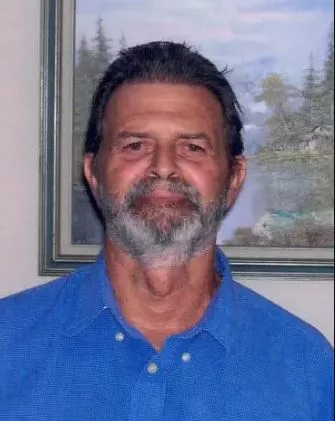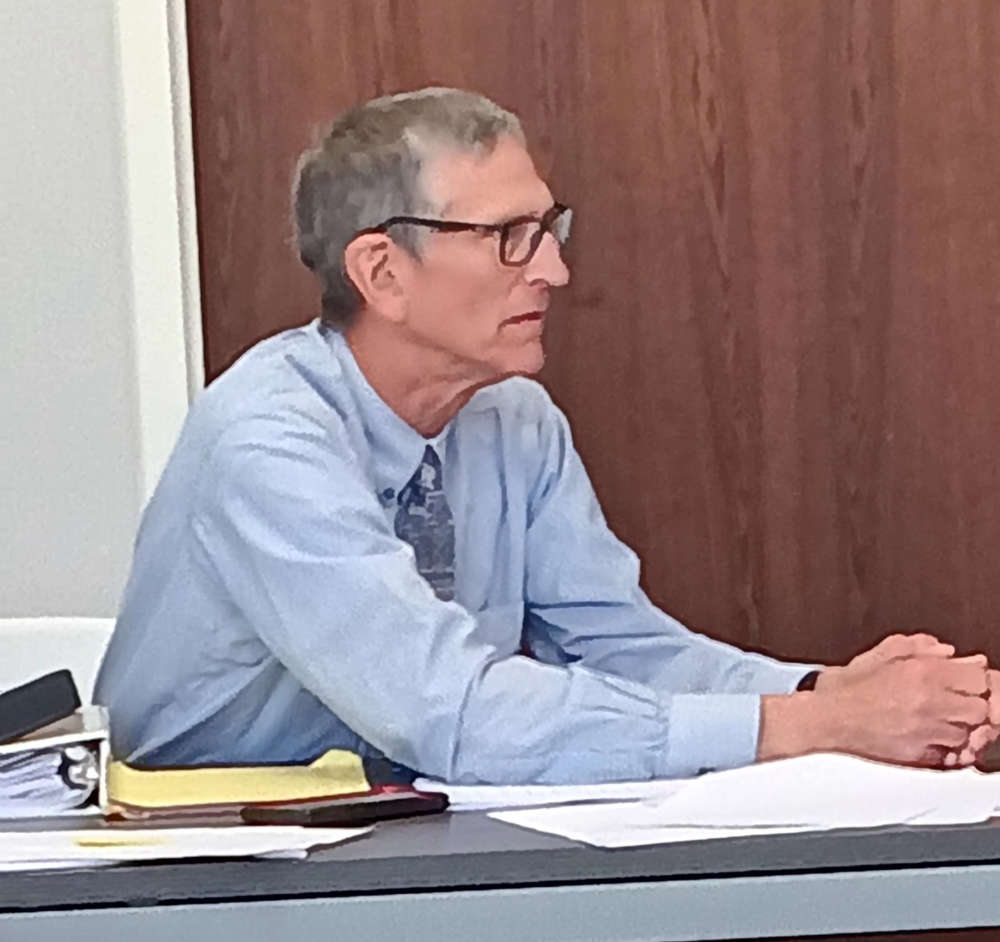
After previously voicing an interest in raising stormwater fees, the Rockville Town Council again took up the matter Monday evening during its town council meeting.
And after talking and debating the subject for quite some time, the council again opted not to make a firm decision on the matter as town council president Dave Brown said he would not entertain a motion until the issues he had were resolved.
Brown was adamant that work needed to be done before the stormwater board considered raising rates moving forward.
"There needs to be some work done on present billing before we even consider raising rates or anything else. There are issues with overcharging, undercharging, and the resolutions are not clear. This needs to be cleared up. I don't know what the trigger mechanism is for even having a stormwater bill. I've been told two different things. If that is the case, that is fine, but it needs to be spelled. I have read the '09 and '16 resolutions and the one you guys are proposing. If you want to talk about it, that's fine, but it is a waste of time," Brown told the council.
Councilman Steve Waltz said there are three different parts that need addressed.
"One is clearing up whatever billing problems, errors and all that which has been going on for years. There is no disagreement that needs to be straightened out, but stormwater and council need to work together. Everybody who has property and a utility bill needs to have a stormwater bill. I think that needs to be done. We need to get that off the table. The other issue is a base rate for everybody going up $2 so there is room to deal with ongoing stormwater issues that we are not able to address. The third issue is is how equitable is it in terms of hard surface areas that generate runoff has to be dealt with. There's three separate things. We need to make progress," Waltz said, adding the stormwater board would also like to see progress.
Brown fired back that is exactly what he has been saying and that based on what he and others read, there are no clear indicators as to why people are paying what they are currently.
"The way I read it is if you have an empty lot in town and you have a yard barn on it, that constitutes square footage and if you don't have water, sewer, electric, however you guys deem that you will bill this and again, there is nothing really spelled out that I can see. If you have a 10x10 slab of concrete or a yard barn out here, you are now subject to billing and I want to know how you are coming up with that billing. Number two, are you going to bill square footage, is it business versus residential? There are some problems here that need to be addressed," Brown said, prompting fellow board member Parke Swain to say "one issue at a time."
There was some question then as to what resolutions Brown was referring to and even question as to what exactly the resolutions, which were passed by previous town councils, stated. Swain asked several times what was previously approved.
"It's not clear and over the years it has not been reconciled. We didn't find errors or inaccuracies until we started doing the hard surface data analysis and started looking at these," Waltz said.
As for vacant lots, Waltz said those owners still benefit from stormwater management.
"Stormwater management affects your streets, your sidewalks and everything else," Waltz said.
Brown acknowledged when the council talked about the issue several meetings ago, they initially discussed driveways and that is not what the ordinances state.
"The ordinances say driveways, anything that is not grass. Well, that is going to change the square footage of a lot of people's lots here," Brown said.
Brown said it looks to him that in 2016 someone pulled the rates and "decided to charge people more money."
"There is nothing in here that says why this person or that person is paying more," Brown said.
"You know how it's supposed to be. It's supposed to be based on..." Swaim said with Brown countering by saying, "I know how it's supposed to be, but I am looking at the paperwork myself, and I understand who is getting billed and who is not getting billed."
Swaim said the town billed based on whether or not someone had a utility bill. Town clerk-treasurer Brandy Asher said there is a spreadsheet that exists of business owners who had a fee attached to them, which does not follow every schedule.
"You have a lot of issues, in my opinion, of people being billed incorrectly or not being billed at all. First and foremost, that needs to be addressed first before you consider a rate increase in my opinion. You have people who haven't been paying storm fees, you have people who have been paying them. You have residents paying resident rates, and you have businesses paying resident rates. There are 27 people on this spreadsheet and it was done on square footage. I can give you a copy of it if you don't have it," Asher told council.
Brown said in 2009 the square footage was based on lot size and most lots in Rockville are 60x20.
"If you have a 2,000 square foot house and a 700 square foot driveway, obviously, that's not making the threshold of being brought up to the next level. You have a base pay and that is what you should be paying. That's not what it was in 2009. In 2016 as things progressed, it looks like someone decided they were going to charge people more. There is nothing in here that says you are going to pay more than I do. Your bill went from the minimum charge to being double charged. I remember that because I was on the board in 2016, and I remember what I was told then. I won't go into that, but that is where the business and residential came about," Brown said.
Asher said there are a lot of businesses with hard surfaces being charged the same as residents.
Waltz said the belief was always the rate was determined by the hard surface area because the water would runoff regardless if someone was a business or resident. He said the new ordinance will address that.
"It's just water runoff and we were trying to be more equitable. That is one third of the issue. On the issue of cleaning up the billing, everyone seems to agree. Is it acceptable as the next step to simply say anybody that has a utility bill of any kind gets a stormwater bill," Waltz said.
Asher asked if residents who have a light on their home and pay the minimum electric charge would get charged a stormwater fee and Waltz began to answer yes before Asher interjected.
"So they are going to have one household residence and two stormwater charges is what you are saying. If you word it in your resolution, every bill will be paying a stormwater fee," she asked.
Waltz said the matter can be argued a "variety of ways," and people needs to pay into stormwater some as the entire community benefits.
"You are in a community and the health of everybody affects everybody's property. In the end, it comes down to which side of the fence you are on," said Waltz, adding the stormwater could waive bills on a case by case situation. "We have to get the bulk of these things straightened out."
Asher asked how rates were established in 2016 and Waltz said he had no idea.
"The stormwater board was never consulted," Waltz said.
Asher asked if the clerk-treasurer at the time just set the rates and Waltz said that was five or six clerk-treasurer's ago.
"I know I would not have the authority to make any kind of changes in the system," Asher said.
Waltz said the council "inherited a system years ago and it is in there. It has rolled like that forever."
Asher said there would have had to of been a vote, as a clerk-treasurer would not of had the authority to start raising or decreasing rates.
"What you are stating is true, but whether or not that was observed, I don't know if we have minutes from back then or not. The point is there were definitely some errors made and let's fix them," Swaim said.
Brown again reminded his fellow councilmembers that before they begin to think about raising rates, issues such as the ones Asher brought to light needed addressed.
"We need to get this straightened out because there is going to be more money coming down. We are going to lose a little bit, I can guarantee you that because I know who is being overcharged, but there is going to be a lot more undercharged," Brown said.
Swaim noted that council could "beat this horse all night," before saying what was going to happen.
"Here's what we are going to do. We are going to solve those errors to where everyone is in agreement and then we will move forward with our new proposal and figure out what everyone wants," Swaim said.
Brown responded he would be at the next stormwater board meeting, and Waltz asked what is an acceptable way to fix it, asking for guidance from legal counsel.
"I don't know but before we do anything else, that billing has to be cleaned up," Brown said.
After more conversation and Waltz routinely asking what was council going to do, Brown brought the discussion to an end by saying he would not entertain a motion.


 NWS extends Winter Storm Warning to Monday morning
NWS extends Winter Storm Warning to Monday morning
 President Donald J. Trump approves emergency declaration for Indiana
President Donald J. Trump approves emergency declaration for Indiana
 IDHS activates State Emergency Operations Center in response to winter storm
IDHS activates State Emergency Operations Center in response to winter storm
 Scholarship Fund honors former Coach Blank
Scholarship Fund honors former Coach Blank
 Winter Storm Watch in effect for the weekend, heavy snow possible
Winter Storm Watch in effect for the weekend, heavy snow possible
 ISP releases Human Trafficking Awareness Initiative results
ISP releases Human Trafficking Awareness Initiative results
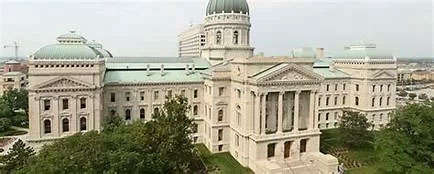 Indiana House Page Program available during 2026 session
Indiana House Page Program available during 2026 session
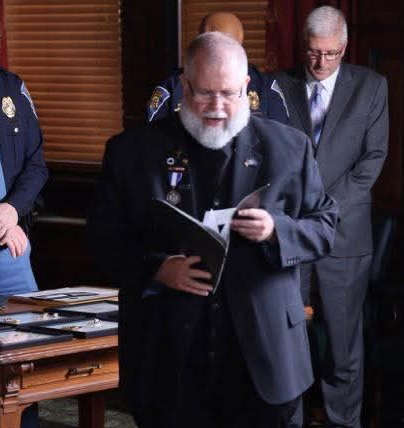 Indiana State Police seeks volunteer chaplains to support trooper wellness and resilience
Indiana State Police seeks volunteer chaplains to support trooper wellness and resilience
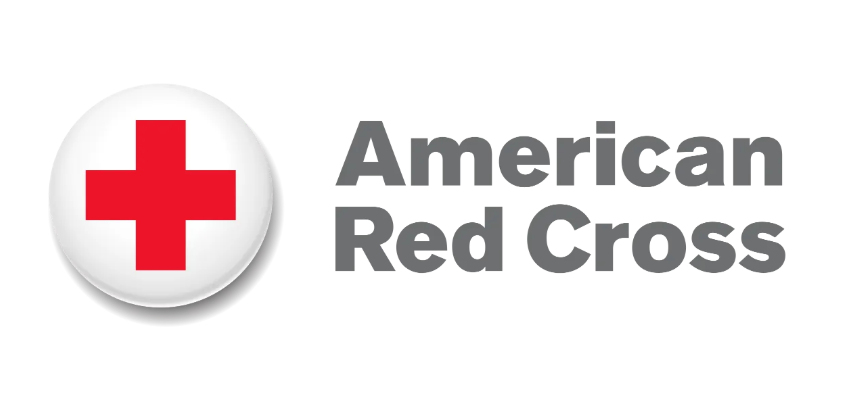 American Red Cross urges the public to donate blood
American Red Cross urges the public to donate blood
 Rheese Benjamin finishes 8th at wrestling state finals
Rheese Benjamin finishes 8th at wrestling state finals
 USDA launches Lender Lens Dashboard to promote data transparency
USDA launches Lender Lens Dashboard to promote data transparency
 Cancer Action Day at the Indiana Statehouse: Advocates call for legislation to reduce the burden of cancer
Cancer Action Day at the Indiana Statehouse: Advocates call for legislation to reduce the burden of cancer
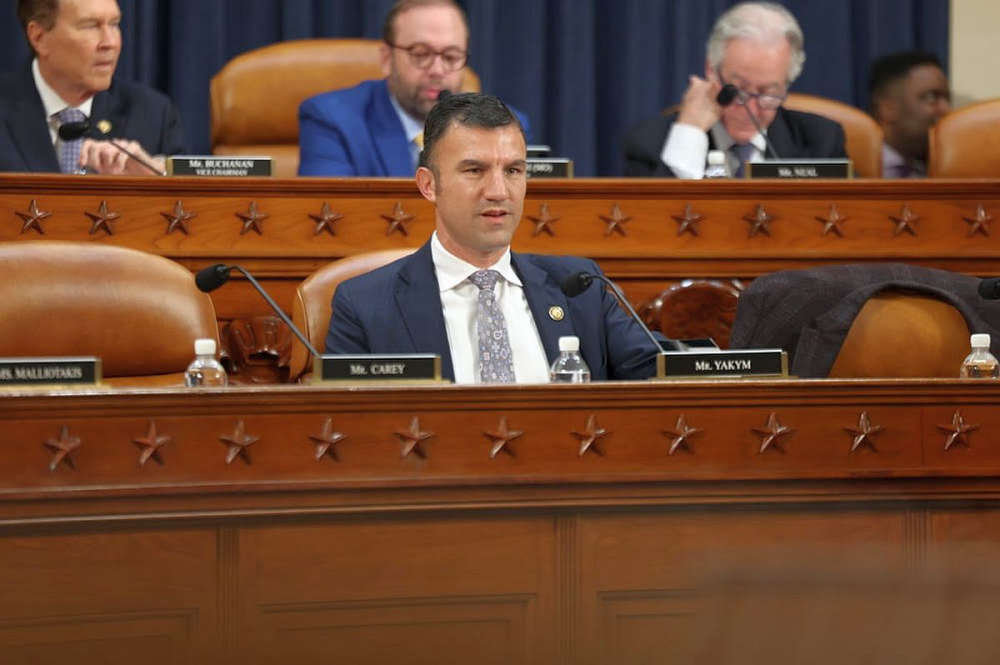 U.S. Rep. Yakym’s bipartisan BARCODE Efficiency Act Advances
U.S. Rep. Yakym’s bipartisan BARCODE Efficiency Act Advances
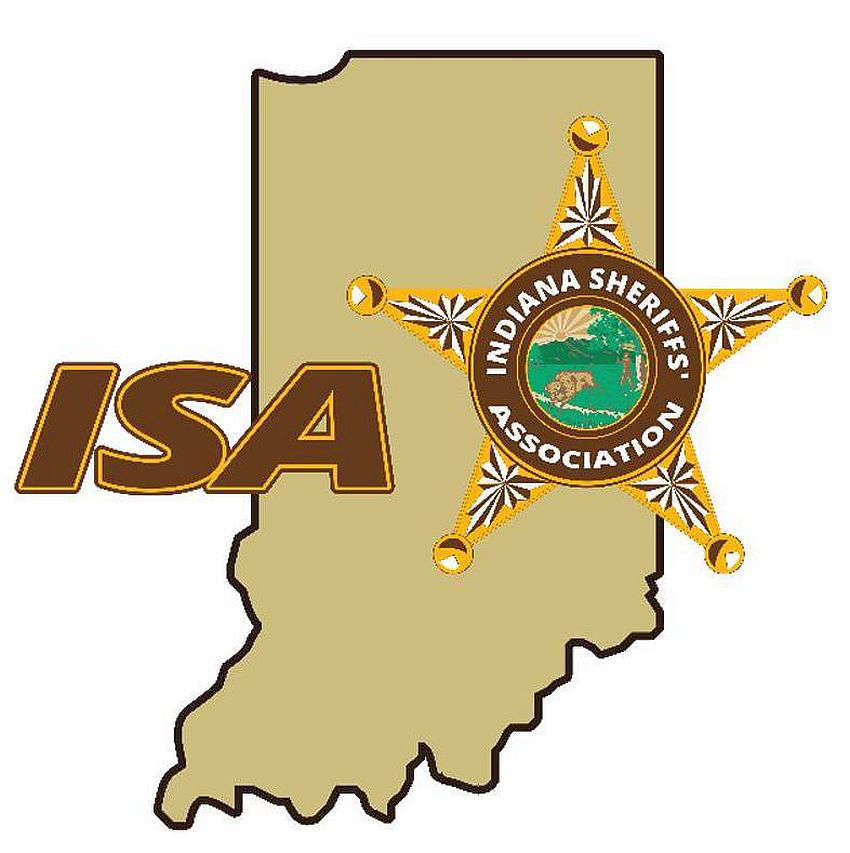 Applications available for Indiana Sheriffs' Association college scholarships
Applications available for Indiana Sheriffs' Association college scholarships
 Parke County RDC closes on the purchase of the former Rockville National Bank Building
Parke County RDC closes on the purchase of the former Rockville National Bank Building



